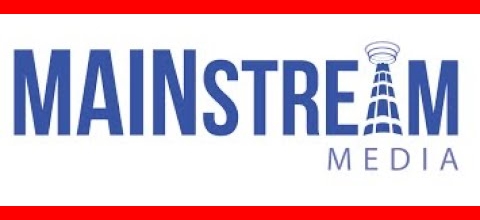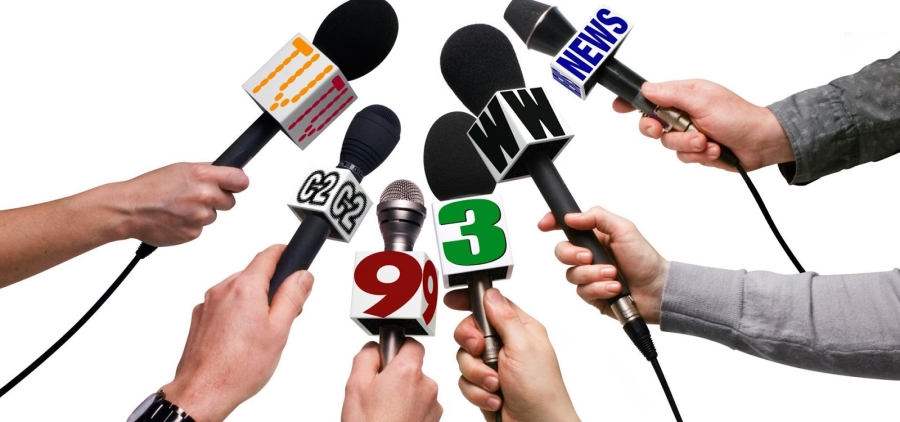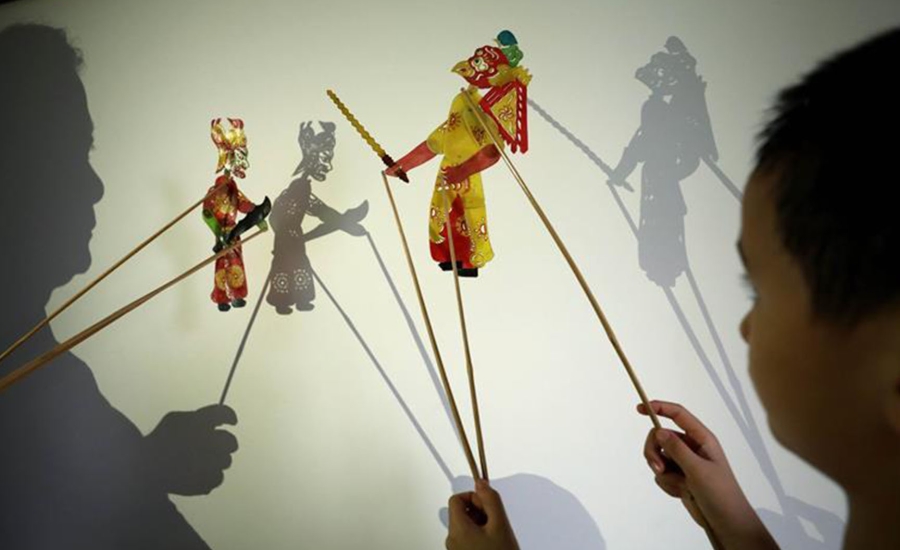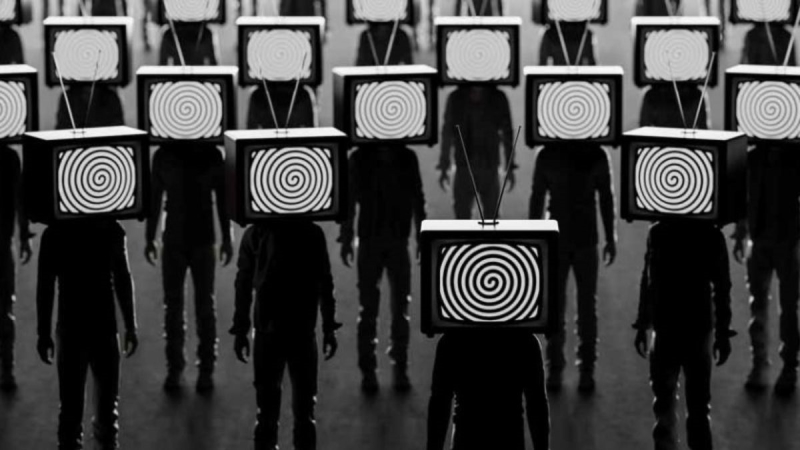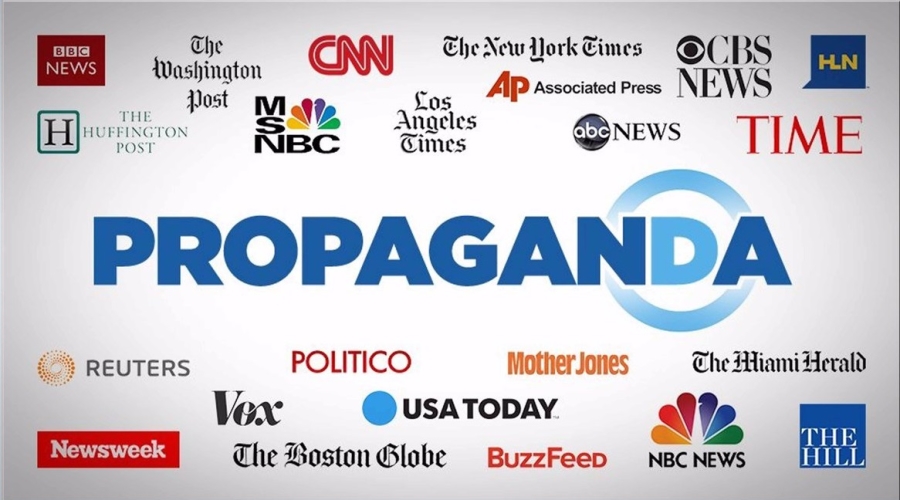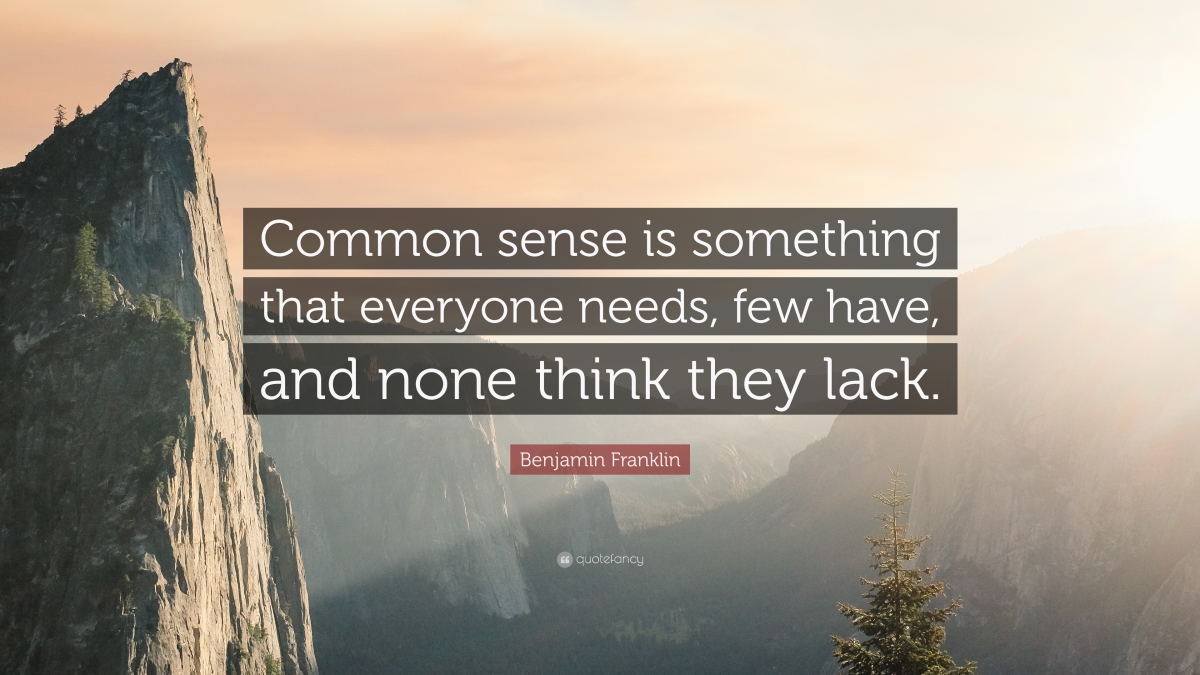Introduction
During the Corona period the western world has seen a dramatic shift in culture. In Western cultures that originally valued individualism and checks and balances on government, suddenly adopted very authoritarian styled policies. Even the practise of segregation (Medical Apartheid) was introduced without outcry of the majority of the people. Most of the people went along with this shift and inherently contributed to this shift in culture. What was behind that?
Mass Formation
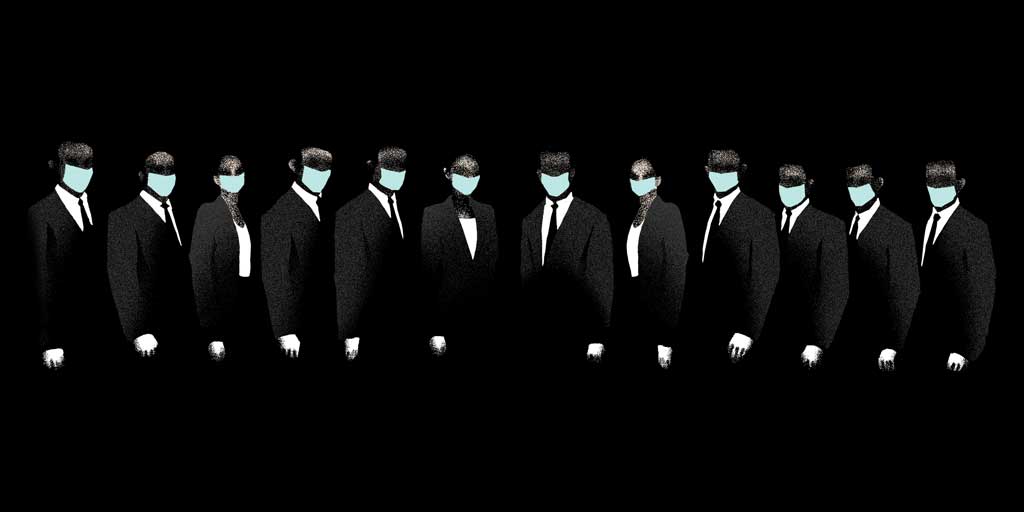
During Corona Prof Mattias Desmet published his theory of Mass Formation Psychosis as an explanation for this shift in culture. As per his theory the pre-conditions for mass formation are: Lack of social bond, People experience life as meaningless or senseless, Free-floating anxiety and Free-floating frustration and aggression. As also identified by other academics it has a relation to the general decreasing influence of traditional religion in the West.
Whilst there is a lot of sense in Desmet’s reasoning about these elements, it didn’t quit explain why lots of people that didn’t feel affected by any free-floating anxiety, frustration and aggression, living normal ordinary happy lives, contributed to the culture shift.
In this article I will argue that the media, in particular the mainstream media is the most important driver of these kind of potentially dangerous cultural shifts.
Human Nature
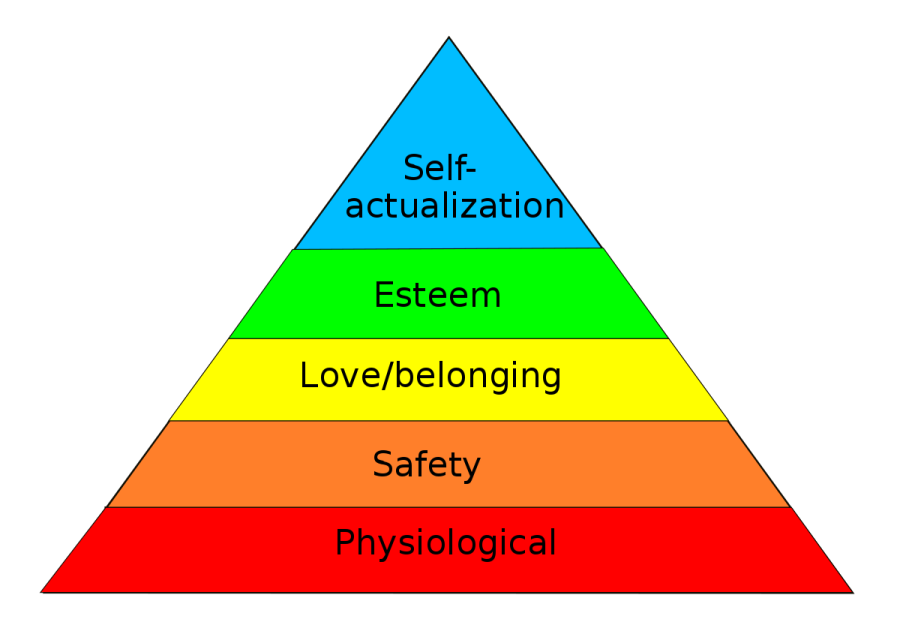
Certainly, psychology needs to be considered when trying to explain a mass formation (psychosis) phenomenon. Maslow’s Hierarchy of Needs portraits the priorities as a pyramid with as base Physiological needs and then Safety and Security, followed by Love and Belonging, Self-esteem and Self-Actualization. When basic needs are satisfied, humans being ‘social animals’, have a strong the need for Belonging.
In general, people accept information more easily as truth when it comes from the social group they identify with. The large-scale acceptance of certain information forms beliefs. The overarching beliefs drive culture.
Culture Drivers
Mainstream Media
Mainstream media (the dominant news papers and news TV channels) is an underestimated strong culture driver as it provides the population with information.
I state ‘underestimated’, because normally there is some diversity in positions around news issues between different coloured / biased media. People can choose which ‘colour’ they like best. (In reality, most people just prefer the colour of a certain media channel and take their word for granted.)
'Coulored' News
The times that news channels informed the public with just news facts is far beyond us. Even news channels that historically were instituted (and publicly funded) as an independent news service to the public have evolved into organisations with distinct biases.
This is because the whole industry has evolved from providing news stories based on facts with fact checking as a holy principle for reputable news channel, to proving news narratives where fact checking is a matter of cherry picking of facts that suits the narrative. With this trend, ‘the science’ argument has become a true fallacy in modern journalism.
Also, the culture within news organisations has evolved, especially amongst those by charter supposedly independent publicly funded organisations such as the BBC or the ABC. The average political colour of the opinions of most journalists has shifted and don’t reflect that of the average of the population. Evidently this bias is reflected in the news narratives.
There is no such thing as objective news reporting (if it ever existed).
But the populus in general takes the information as the truth, as unbiased facts, apparently still unaware of the transformation of practises within modern journalism.
Social Media

Nowadays, a lot of people, especially the younger generations, take their news from social media. Most mainstream media platforms are also active on social media and input a lot of information into social media. Not in the least to try to channel the public to their specific news channels with clickbait. This clickbait is often in the form of catchy unnuanced phrases which by itself drive opinions, as not everyone takes time to delve into the articles to see the nuance (if any). And how many people will take time to purposely check outside their social bubbles for nuance?
As the word says social media is often organised around social groups and the distribution of (certain coloured) information will often be among members of the same ‘like-minded’ group, enforcing beliefs and creating opinion echo chambers that will appeal to people’s need of Belonging.
The level of ‘exploration of ideas’ on social media is fairly poor. If people go outside their social bubbles or comment on generic posts, it is seldom to start a decent debate. Some people take pleasure in denigrating people from other social groups that they don’t agree with. Some ‘trolls’ are even professionals (being paid). Too quickly people will revert to insults and worse. This is part because it is easier to be rude behind your keyboard than in public, in plain sight.
Moralisation
Another main factor that drives the lack of genuine debate as exploration of ideas, is the trend of certain groups to moralise controversial topics. It is perhaps a deliberate strategy of particular people of the lefthand side of the political spectrum to pivot their position with emotional arguments to a moral issue, taking the ‘moral high ground’. Sometimes this is symptomatic for the lack of sensible arguments. This kills the idea of ‘exploration of ideas’ and stifles any decent debate. It just stimulates polarisation.
Diversity of Opinions
Despite the pitfalls of social media, it has the potential for dialog between unlike-minded if some basic rules of courteous conduct are adhered to. By engaging in debate different ideas and viewpoints can be explored. The purpose of the exploration of ideas is not to have a debate to convince each other, but to listen to each other views and try to analyse where exactly opinions diverge. Often it comes down to the difference in interpretation of facts or difference in evaluation of a situation and associated risks. It can give the audience the opportunity to evaluate for themselves the nuances and this often leads to taking of the rough edges of original positions. It stimulates balance in outcomes when eventually a situation demands that policy needs to be defined.
Cencorship
The recognition that the conduct on social media is sometimes reprehensible has led to initiatives of government intervention. But these ideas have now evolved, especially since the Covid time, way beyond the effort to control the pitfalls of conduct on social media, but in fact to control content and opinion. Elon Musk has exposed the censorship-relation of Twitter with government during the Corona period and changed the organisation. But other big-tech firms still apply censorship without scruples.
On top of that various legislation initiatives on this front (UK - Online Safety laws, Digital Service Act in Europe and mis/disinformation bill proposal in Australia) will force social media providers to accommodate censorship. This will kill the potential for social media to provide media channels with diversity of opinions and where the exploration of ideas is possible. Eventually this will lead to more polarisation.
Culture Driving Risks
Oligarchy of Narrative setters
Back to mainstream media channels. In most western countries the mainstream media landscape is dominated by a limited amount of news channels, about 7 TV stations and 7 major news papers, give or take. This means that the main editors that control the narratives of these few news channels, form an oligarchy of public opinion drivers.
If you also consider that these channels are owned by an even smaller group and that the editorial freedom is not always guaranteed for all subjects, it even comes down to a smaller group.
Now if this small group agrees on the same narrative, perhaps driven by the high human need for Safety and Security, you get more like an aristocracy of public opinion drivers that truly can instigate a dramatic cultural shift.
If there is no ‘choice’ of narrative anymore amongst mainstream media and on social media, any counter mainstream narratives are censored or framed as immoral, most people will because of their need for Belonging adopt the main narrative as truth or at least refrain from expressing their inner doubts. This will drive the overarching beliefs.
Mass Formation Driver
Minding that the colour of journalism in general has shifted, what is the chance that a small group of main editors get involved in a groupthink phenomenon and push a unnuanced narrative, (initially) deviant from a general norm?
People often blame politicians for implementing the wrong policies. Rightfully so as they are instrumental to it, but what drives them? Their decisions may be driven by their political ideology although many probably first and most tow the ‘party line’ to not jeopardise their political careers.
But when it comes to reacting on ad-hoc situations like a pandemic, they will most likely take a populist stance as that will not damage their ratings. What is the chance that politicians will go against the unanimous narrative set by the journalistic aristocracy? We know what the answer is, as in the Corona era only a handful of politicians stood by their principles and dared to go against the unanimous mainstream media narrative (at the detriment of their political career for some).
One of the main drivers of culture is the mainstream media and the oligarchy of narrative setters can cause a dramatic shift in culture when they align their narratives. Such a shift may be characterised as a mass formation (psychosis). Because this elite of culture drivers is rather small, there is a real risk this group is captured by groupthink and that a narrow view emanates to politics and institutions.
What would have been the outcome of the Australian ‘The Voice’ referendum if all mainstream media channels would have supported the Yes campaign? Would it have become a bi-partisan campaign?
Psychosis
If the set unanimous narrative is right, based on reality and common sense, it may cause a positive shift in culture, but even in that case; what would be the risk of overshooting in the reaction of politicians? There are seldom issues in which reaching a right balance of contradicting interest is not required. To reach that balance public advocacy for the different interests and open debate is necessary. Can this realistically be achieved in case the oligarchy of narrative setters only publish a single narrative?
If an unanimous mainstream media narrative is based on false assumptions or emotive ideological driven arguments, then it may cause a loss of contact with reality. This will drive a mass psychosis.
Again the rethorical question; But what is the chance that an unanimous narrative is right and balanced if not evolved out of a ‘exploration of ideas’ and decent debate?
Healthy Democracy?
Democracy isn’t the perfect form of group decision making as it has some obvious flaws, but as often said, in comparison to other systems, it is the best we got. For the public to form an opinion they need objective information. Who provides objective information? During Covid many leaders, such as Jacinta Ardern PM of New Zealand, claimed that the government was the only source of objective information.
That is flaw 1; what is objective information and does it even exist?
Most of the time issues are not black and white and the pretence that it is, is a red flag for a coloured narrative. Anyone that claims misinformation or disinformation on any political controversial issue is overtaken by pure hubris and is trying to make a moral issue out of it.
As there is no true objective arbiter of truth, there is only ‘information’ and people have the responsibility to explore the colour of it and make their own evaluation. To be informed with the more different angles to approach an issue, the better it is. People must have the right to judge for themselves if information is false. The exploration of ideas is essential for a healthy Democracy.
Is the Mainstream Media and Modern Journalism providing the diversity of information and opinions required for the exploration of ideas?
Especially when the small group of editorial elites line up their narratives!
Mainstream Media is the Achilles Heel of Democracy.
Mitigate the Risk
What can we do?
How to keep democracy healthy, given this vulnerability?
“They said it in the news, so it must be true” Really?? People should adopt a more sceptical attitude that (news) stories are narratives and every story should be questioned with “Oh, Really?”. People should make up their mind by exploring different angles to a story. People should realise that also in between the commercial blocks on the TV news channels, they are trying to sell you something. There is no such thing as an unbiased news story. This should be taught in schools.
People should realise their propensity to stick to a certain group and thrive in echo chambers. People should be stimulated to exchange ideas in civil debate and explore differences of opinion to the detail where they diverge. The purpose of debate is not to convince the opponents, but to inform the audience and it is OK to agree to disagree.
Excluding people from debate or expelling them from societal participation is detrimental to the exploration of ideas. Proper debate and critical thinking should be taught in school instead of what to think and how to be a loud activist.
The continuous moralising of every issue inhibits the exploration of ideas and arguments. It leads to hardening of positions and exclusion of people with a different opinion. This can even lead to widespread exclusion, followed by anxiety and depression issues. Eventually if polarisation is driven far enough it will result in violent outbursts. The positioning of opinions on the moral high ground should be widely recognised as a fallacy.
Reject and fight the trend for increased censorship. It may be convenient if you side with the thinking of the people pushing for censorship, but in the long run this will bite us all in the ass, because it is not a matter of “if” censorship systems will be abused. Censorship is counterproductive to the proper exchange of ideas, which is essential for a healthy democracy.
Stimulate diversity amongst news media and support the (small) independent ones.
When all mainstream media exhibit the same narrative on an issue, people should be vigilant because it is likely that it may lead to mass formation psychosis.
People must dare to discuss with their peers the concepts of angles, counter arguments to stimulate news narrative scepticism and critical thinking.
Summary
Because of the human trait for the need of belonging, people tend to form their beliefs by siding with a certain social group. If in a society only one narrative about an issue is dominant, people tend, out of this desire for belonging, to adopt or go along with this narrative, irrespective of whether the narrative is well founded or not.
Because in most countries the mainstream media consist of a limited amount of channels and because of the style of modern journalism, there is a severe risk that if these limited amount of culture drivers propagate the same narrative, that this leads to the propagation of unbalanced positions about important issues through societal institutions and politics.
If this unanimous narrative is based on uncertain / false assumptions or unproven ideologies this can lead to a true mass psychosis.
People must be aware of this risk to ensure democracies remain healthy.

